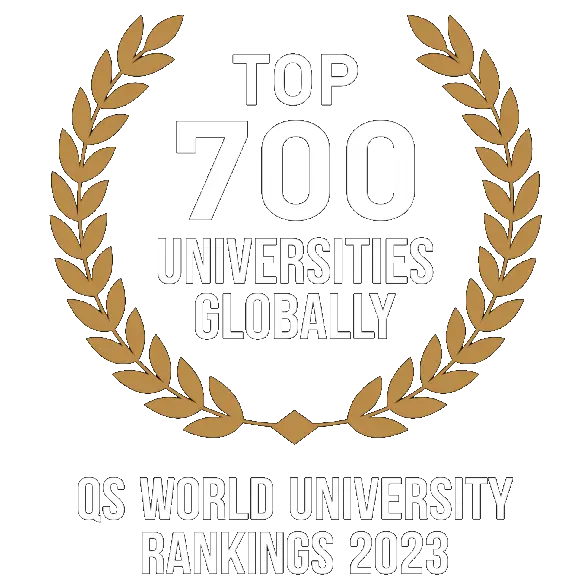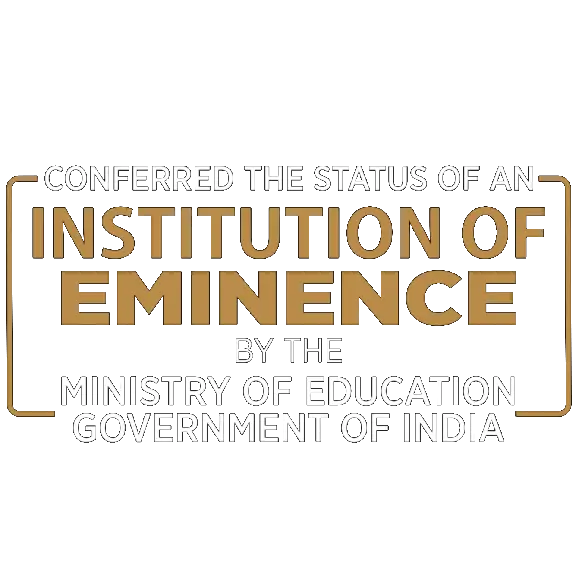At Jindal School of Banking & Finance (JSBF), we understand the importance of highly trained professionals in the fields of technology, innovation, analytics, finance, accounting, and banking. Our undergraduate degree programmes are designed to equip you with the skills and knowledge needed to become a future business leader in this rapidly evolving industry.
Students
University Faculty & Staff
Collaborations with International Universities
Alumni Network
Publications

















